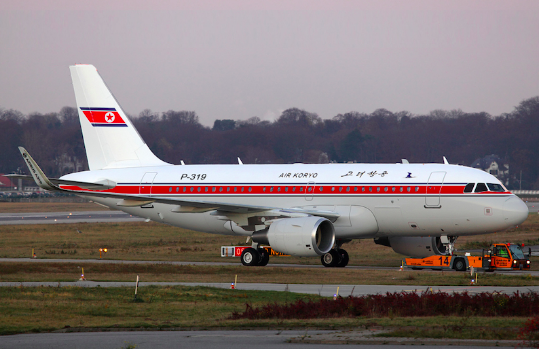Sometimes, short notices are the most surprising. The airport authorities confirmed they had authorized Air Koryo, the North Korean flag (and only) company, to fly twice a week from Pyongyang to Macau. That is an interesting development. The last flight it operated to Macau took place more than 20 years ago.
As a result of varying political and economic circumstances, including the weight of international sanctions to the country, the company operates a small fleet.
It has less than 20 aircraft, including cargo planes. It includes comparatively modern models – Ukrainian Antonov or Russian Tupolev aircrafts – and some older Soviet Ilyushin planes. The later models originated in the late ’50s and ’60s, and possibly no one is still using them on international passenger routes.
Note that the company is not directly affected by the current sanctions falling on North Korea. Although the sale of jet fuel to North Korea is forbidden, that does not apply to the company, which can purchase the fuel it needs for its operations.
It cannot, however, renew or extend the fleet, as sales of aircraft to North Korea are not allowed under the current UN sanctions regime.
The company presently operates just eight international flights per week: four flights to Beijing, two flights to Shenyang, in neighboring Liaoning province, and another two to Vladivostok, in Russia.
Macau is, in this context, a curious choice. There are no notable economic exchanges that demand it, even if we ignored the restrictions imposed by the sanctions’ regime in place.
It is difficult to imagine a significant flow of tourists in either direction. Further, tourism flows to North Korea are likely to be a preserve of the mainland travel operators.
Two flights to Macau are, therefore, a significant increase in operational terms and this will be, by far, its farthest destination, if and when the operation starts. It is not clear which planes will be used, which might provide an additional clue.
Will it be the smaller Antonov, that can carry up to 70 passengers, or the bigger Tupolev, which can exceed the 200-passenger mark? As it is not self-evident what kind of activity can justify traffic of hundreds of passengers per week, it will be possibly the smaller craft. Either way, the route rationale is not immediately apparent.
In some ways, the relationship between Macau and North Korea has always been one shrouded with some mystery. This re-connection somehow rekindles this often-enigmatic relationship.





















